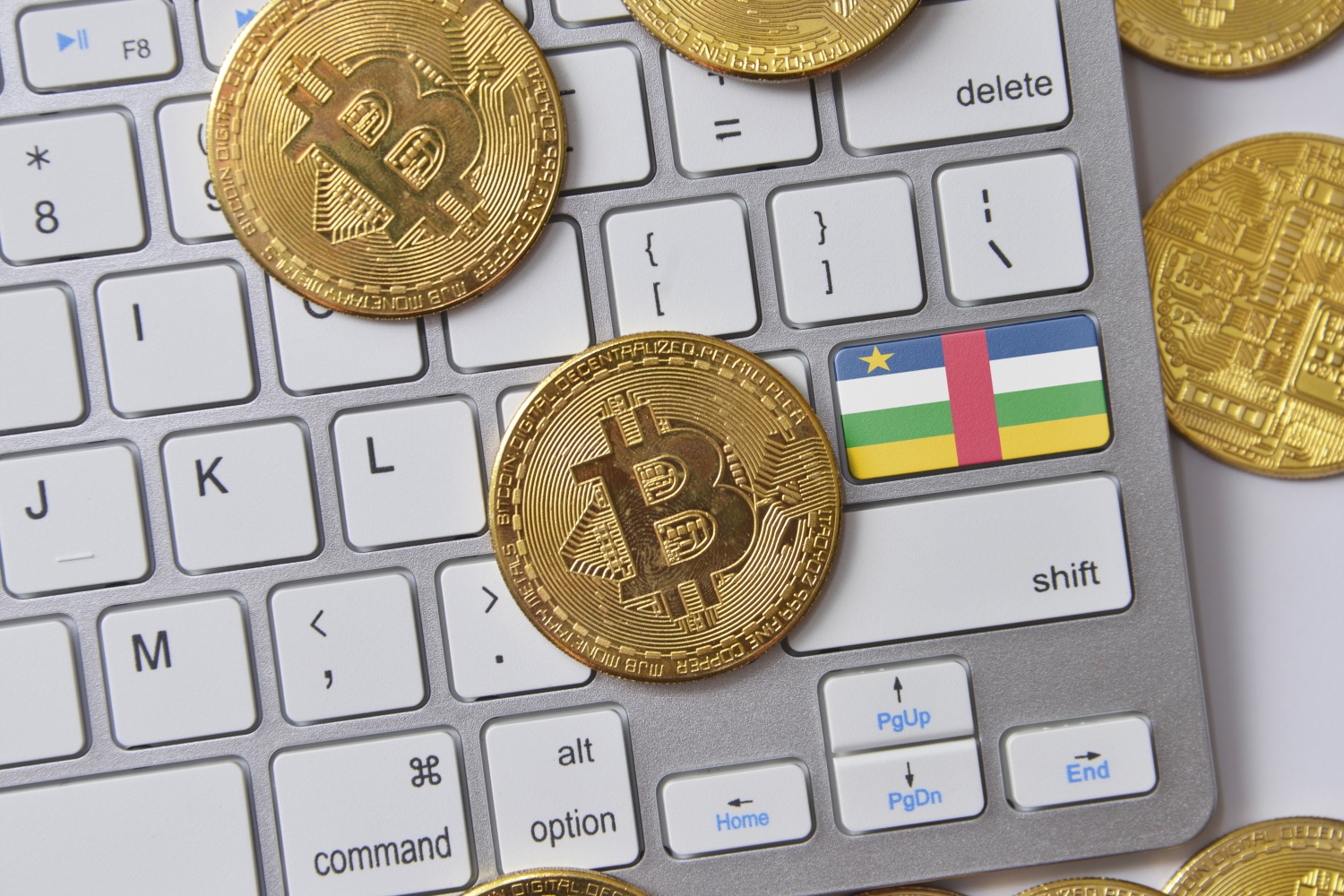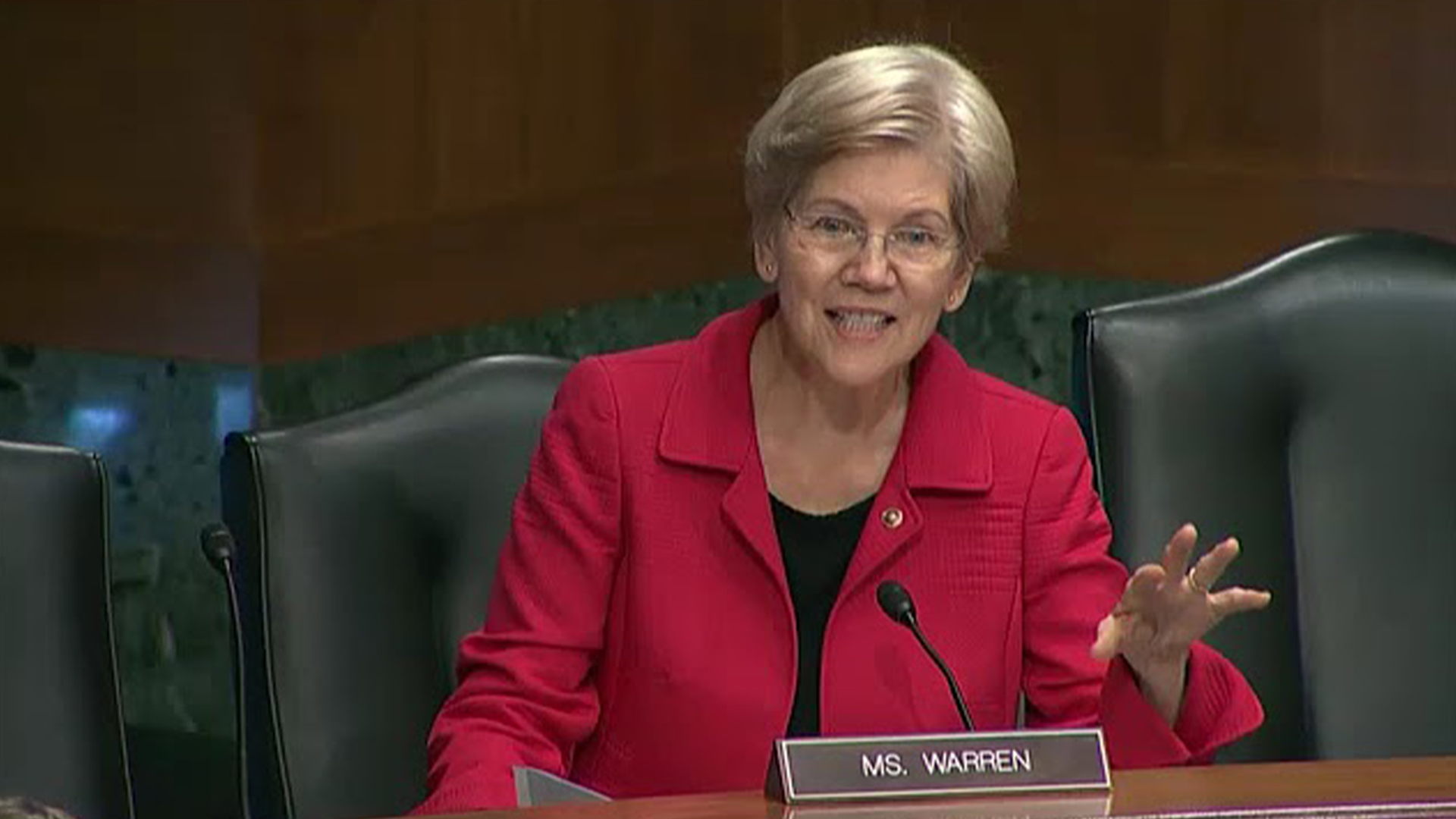Chainalysis Highlights Flawed Analysis in Assessing Crypto's Role in Terror Financing

Blockchain analytics firm Chainalysis has raised concerns over the accuracy of recent reports regarding the extent of cryptocurrency's role in terrorist financing.
Following the recent Hamas attack in Israel, there has been increased scrutiny of how terrorist groups might be utilizing cryptocurrency for their funding.
Chainalysis acknowledges that while terrorism financing constitutes a small portion of the already limited illicit cryptocurrency transaction volume, some terrorist organizations s do raise, store, and transfer funds using digital assets.
The firm points out that traditional, fiat-based methods such as financial institutions, hawalas, and shell companies remain the primary means of financing for terrorist organizations.
Reports Overestimate Crypto’s Role in Terror Financing
In light of recent events, various media outlets have attempted to estimate the extent of illicit cryptocurrency funds that may have been channeled into the Hamas offensive.
Senator Elizabeth Warren, along with other lawmakers, has called for answers from the Biden administration in response to a Wall Street Journal report on Hamas's alleged use of cryptocurrency.
Chainalysis outlines two critical aspects of analyzing the flow of terrorism-related funds: quantifying funds directly in the possession of a terrorist organization and identifying the service providers facilitating the movement of funds tied to terror financing.
The firm raises concerns that recent estimates concerning the Israel attacks may have included all flows to certain service providers, even if they received some funds associated with terrorism financing. In such cases, the reported totals might encompass funds unrelated to terrorism financing.
For example, Chainalysis mentions that although it might seem like $82 million in cryptocurrency was raised for terror financing, it is more likely that only a small portion of these funds were intended for terrorist activities.
The firm estimates that approximately $450,000 worth of funds were transferred from a "terror-affiliated wallet," emphasizing that it would be incorrect to assume that all transaction activity is related to terrorism.
While Chainalysis expresses skepticism about certain estimates used by media outlets, it underscores the importance of considering the role of service providers.
The firm notes that these service providers support terrorism by acting as facilitators, making efforts to disrupt terrorist finance by imposing sanctions or employing other offensive operations vital.














